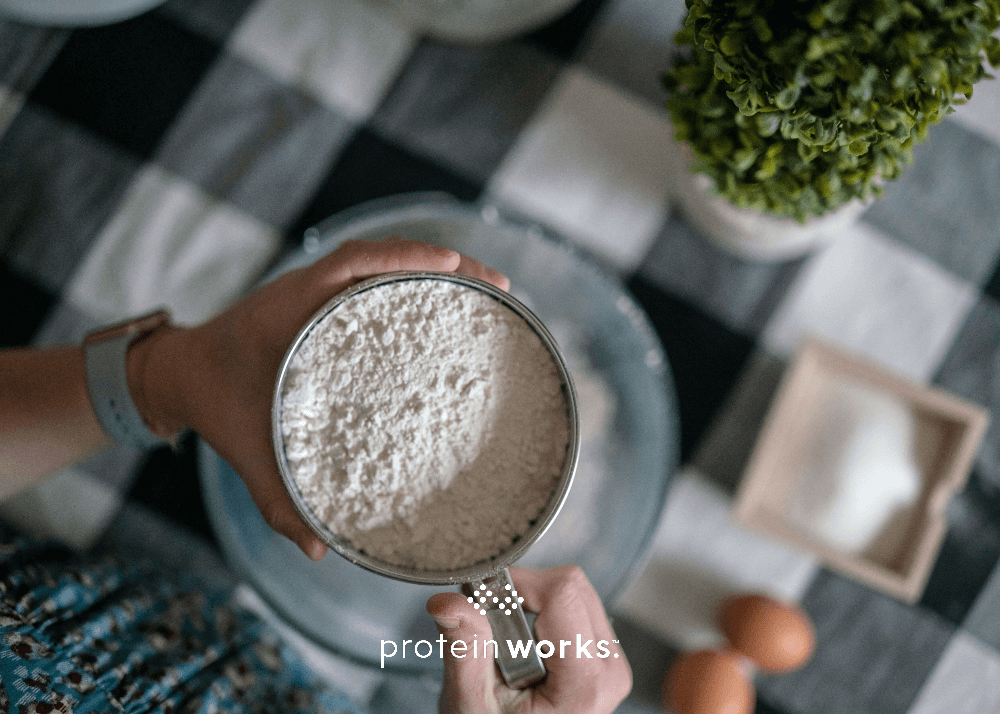
How Many Grams of Protein Do I Need to Build Muscle?
When it comes to building muscle, it is more than just hitting the weights; it is about understanding the role of nutrition, particularly protein.
Interested in finding out how to fuel muscle growth effectively? Here are the magic grams your body needs. Our blog explores the complexities of protein intake for muscles, providing you with insight and guidance to maximize your fitness journey.
Find out how many grams of protein you need to build muscle right here…
What is Protein?
A great question to start things off, and one that is rarely addressed! Protein is one of three macronutrients (protein, fat and carbohydrates) and it is made up of long chains of amino acids. We use protein for thousands of functions in the body, one of them being muscle maintenance.
If you want to build new muscle, then you need to be consuming enough protein in your diet. Same goes if you want to maintain all the muscle you already have. But it isn’t enough to consume just one source of protein, you also want a bit of variety, as doing so will ensure that you get a complete amino acid profile.
Note: Different combinations of amino acids make up dietary protein. You want to get a hold of all combinations in your diet. Think of amino acids like skittles, with lots of combinations possible in each handful.
How Much Protein is Needed to Build Muscle?
A common target for protein is to get 1.2 – 1.5g of protein for every kilogram of lean mass. So if you weigh 100kg and have 20% body fat, your lean mass would be 80kg (with 20kg of fat mass). That would require 120g of protein per day. This is a good goal for people who don’t exercise, and aren’t interested in building muscle.
Studies have shown that if you want to build muscle, higher protein intakes of 2.1-3.1g per kg of lean mass are ideal. That may not sound like much of a difference, but it can quickly add up:
If you are 100kg with 20% body fat, then you would need to eat between 160g and 240g of protein per day. That’s where getting your protein shakes can come in handy. Even so, most regular people would struggle to hit 240g of protein per day.
Also, finding your lean mass weight is out of reach for most people. A better way of doing things is to forget about lean mass/fat mass and just use your actual bodyweight. If you weigh 100kg then use that measurement.
In which case, you need to be more conservative with your numbers. A rule of thumb would be between 1.5 and 2 x your body weight in kg is a good indicator of how many grams of protein you should have to build muscle.
If you would class yourself as overweight then aim for the lower number, if you are underweight aim for the higher number.
How Do I Calculate How Much Protein is Needed to Build Muscle?
If you know your body fat percentage, then use that to work out your lean mass. Then multiply it by two to get your protein intake requirement.
If you don’t know your body fat percentage then use your body weight and multiply by 1.5 (if you are overweight) or 2 (if you are underweight).
If this all sounds like too much work, then just focus on implementing strategies to increase your protein at every meal. Eat a higher protein breakfast, add a protein shake to your lunch. Add foods such as legumes, beans, and pulses to your evening meal.
Does the Type of Protein Matter to Build Muscle?
Not really, getting your protein from a variety of foods is a good idea, but when it comes to the actual process of muscle building, so long as you have all the appropriate amino acids then it really doesn’t matter.
One thing that you will want to get good at though, is identifying foods that have a bad protein to calorie ratio.
Often, foods such as peanut butter are marketed as high in protein. But actually, when you add up the calories they are high in protein but much higher in fat, and calories. This can lead to you overeating and gaining weight.
Don’t avoid these foods completely, peanut butter is amazing. But just keep it in mind. 1g of fat is 9 calories, 1g of protein is 4 calories. So something that has 20g of protein and 20g of fat will contain 80 calories worth of protein and 180 calories worth of fat!
Frequently Asked Questions
Here are a collection of FAQs that are often posted on articles about protein. Hopefully this will clear up any issues you have.
Is 200g of Protein too much?
This depends on your size. If you are 50kg then 200g of protein may be overkill (though it won’t cause any issues). If you are 150kg then it may not be enough! The idea that too much protein is dangerous is wrong, though many foods that are high in protein may also not be healthy (i.e. don’t get all of your protein from deli meat as it is very high in saturated fat).
Can You Take Too Much Protein?
Not really, protein is quite difficult for the body to digest and eating a lot of it can make you feel quite full. It can also increase your metabolism slightly. There is a theory that eating excess protein won’t lead to fat gain, because it would be too hard to do.
Remember though, that most foods aren’t purely made up of protein! There also isn’t much benefit to consuming too much protein. Stick to your targets as often as possible, but don’t worry if you overindulge.
How Much Protein Do I Need per kg?
About 1.5g per kg of lean mass if you are sedentary. Up to 3g per kg of lean mass if you are very active. If you don’t know your body fat percentage, then either 1.5 or 2 x your bodyweight is fine.
What About Protein Synthesis?
Check out this article to learn more about how much protein you consume and protein synthesis.


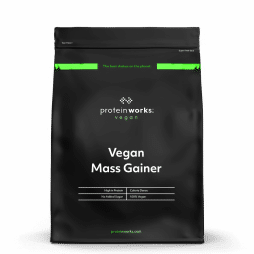

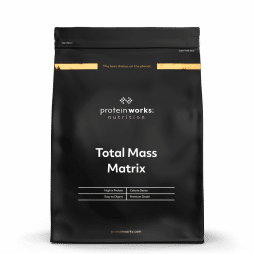
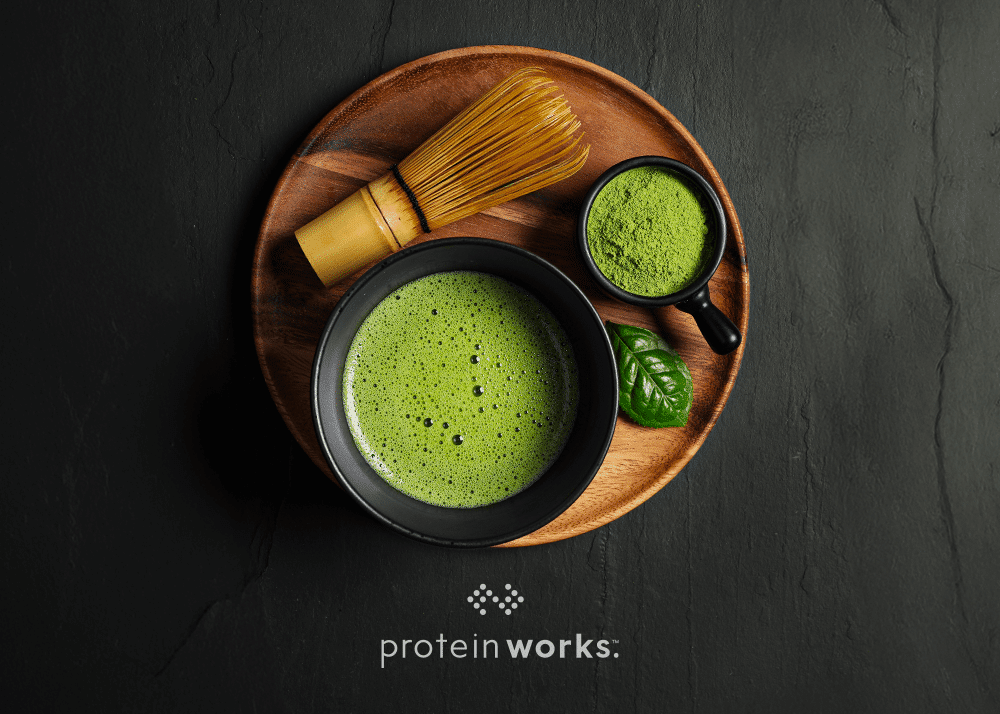
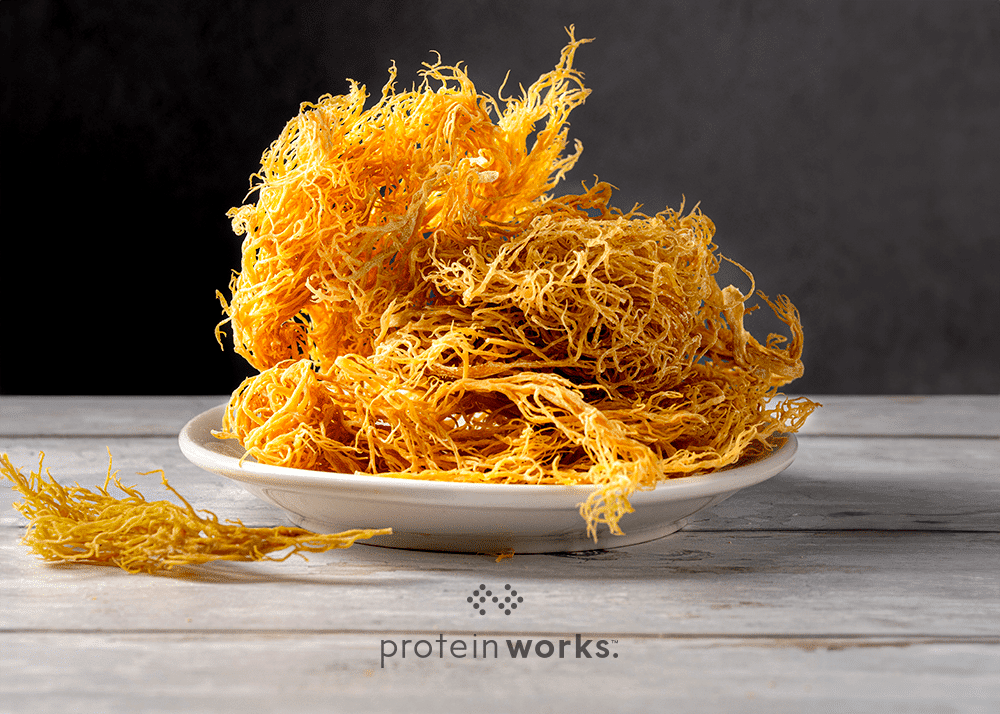

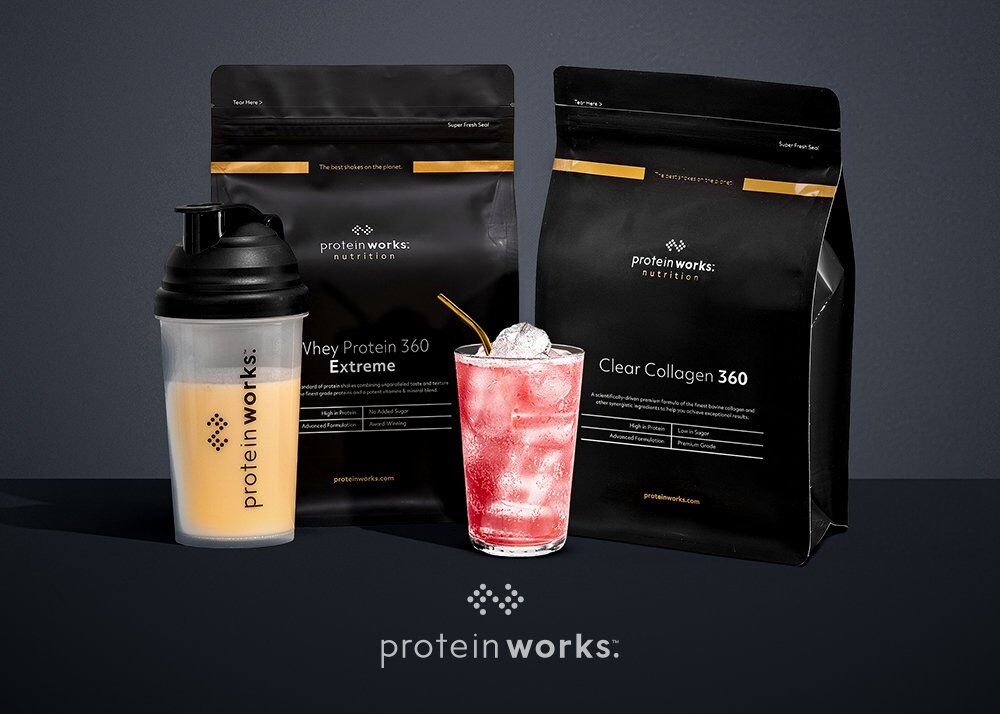
No Comments yet!